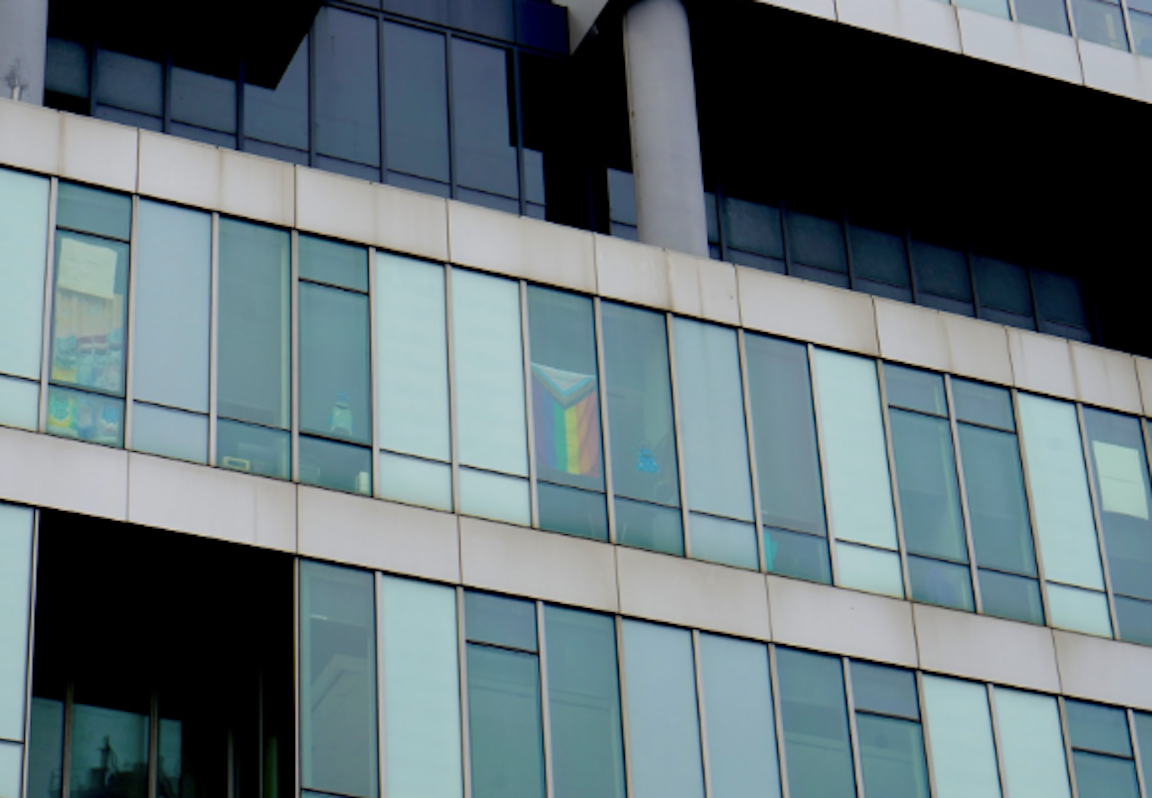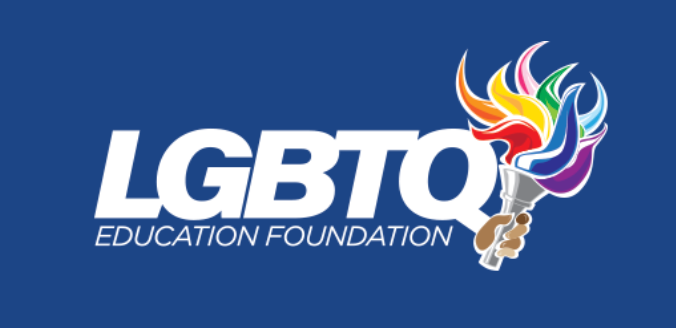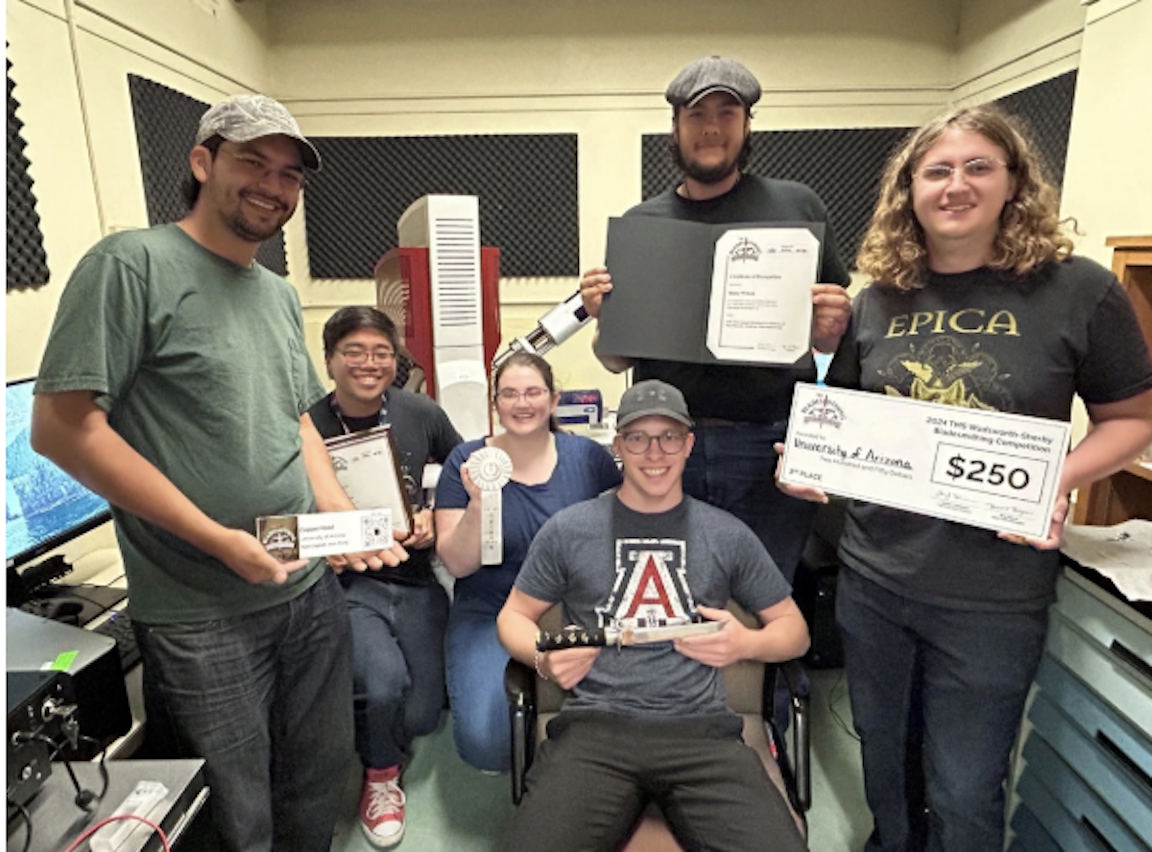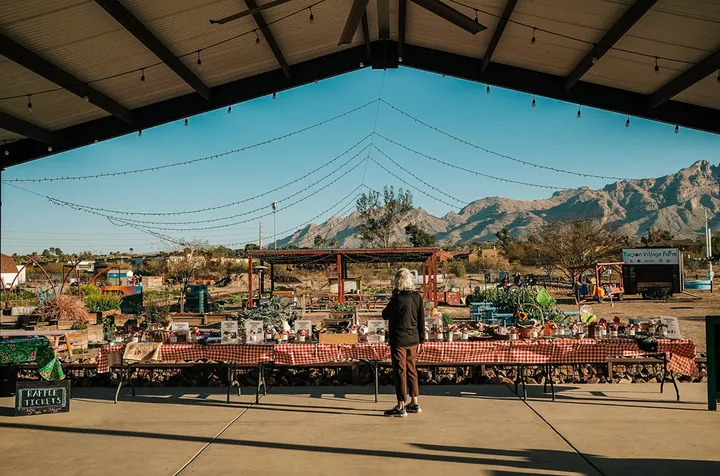LGBTQ+ scholarship shapes future leaders
Amid federal divestment from LGBTQ+ programs, a local organization is working to elevate young adults into leadership and change-making roles through an annual scholarship that provides financial aid and mentorship.

Ranger Stevenson’s path to a PhD started with a helmet and a forge.
In a high school precision manufacturing class, he hammered out a Spartan helmet and shield, and unknowingly laid the foundation for a future in material science. This fall, he’ll begin a Ph.D. program in materials science and engineering, aiming to build a career in body armor metal printing for the Army.
Stevenson says that journey wouldn’t have been possible without the LGBTQ+ Education Foundation scholarship, which gave him the time and support to pursue his academic passions instead of just making ends meet.
“Without that support I would not have been able to do the bladesmithing. I would not have had the time,” he said. “I would have been working and doing other things to get money to just pay rent.”
Bladesmithing, the craft of forging knives, swords and other edged blades, is one of Stevenson’s passions, and it helped shape his career path.
The LGBTQ+ Education Foundation scholarship empowers students to step into leadership and entrepreneurship through financial support and formal mentorship. For recipients like Stevenson, that extra aid can mean the difference between working to get by and fully investing in their academic passions.
The scholarship was launched in 2019 by founder and president Liane Wong, who recognized a need for greater support for young LGBTQ+ students in her community. It began under the Tucson LGBT Chamber of Commerce but became an independent entity following structural changes within the organization.

Wong’s advocacy for the LGBTQ+ community happens largely behind the scenes — in board meetings, on committees and by “moving the marker forward” through academic achievement and leadership development. For her, it’s about cultivating young adult leadership, a long-term effort she calls “strategically important.”
“If we can support them, develop them, let them know that the people are supporting them, they will develop into people who will be our next leaders,” Wong said. “And we desperately need leaders to step up.”
Members of the LGBTQ+ community face elevated risks to their physical and mental health due to unsupportive environments, according to research from Loyola University Chicago. The scholarship counters these challenges with intentional, targeted support.
She points to the Trump administration’s dismantling of the LGBTQ+ youth suicide hotline last Thursday as a recent example of the growing lack of support for queer youth. The hotline had provided callers under 25 access to counselors trained to support LGBTQ+ individuals.
“Young adult leadership support is crucial,” Wong said. “As our environment is changing and less and less LGBTQ support is available out there nationwide, we here at the local level have to do whatever we can to support our people.”
Stevenson received his first scholarship in 2023 after discovering it through Scholarship Universe, the University of Arizona’s scholarship portal. He said the financial support allowed him to focus on his academic interests, including serving as president of Wildcat Forge, a student bladesmithing club. In 2024, the club earned third place in the national TMS Bladesmithing Competition, which challenges students to craft a functional blade.
The competition brought Stevenson’s passion for bladesmithing to the attention of his college advisers, who later reached out with an offer for a Ph.D. program. Thanks to the LGBTQ+ Education Foundation scholarship, he was able to engage in extracurriculars that ultimately opened the door to graduate school in a field he’s deeply excited about.
“I had no intentions of doing grad school,” he said. “And then they reached out to me and there was an opportunity for that so it was just perfect.”

Beyond financial support, the scholarship provides recipients the opportunity to join its board of directors and gain valuable leadership experience. It also pairs them with a dedicated mentor to guide them throughout their educational journey.
Stevenson was paired with Gary Ross, a local business owner of Mobility Plus and former Navy commander who challenged the U.S. government all the way to the Supreme Court over the Defense of Marriage Act, which denied federal recognition of same-sex marriage. The eventual overturning of DOMA paved the way for the nationwide legalization of same-sex marriage.
Ross mentored Stevenson for about two years, meeting with him one-on-one to teach everything involved in starting a business — from finances and marketing strategies to the finer, more “nitpicky” details Ross learned through experience.
Even more than the lessons, Stevenson valued the personal connection he built with Ross and the mental support the mentorship provided.
“That was a very invaluable experience that I wouldn’t have been able to do without the scholarship,” Stevenson said.
Several studies have found that mentorship by and for members of the LGBTQ+ community promotes resilience and serves as a buffer against harmful actors.
Founder Wong urges people to donate to the scholarship fund to empower the next generation of diverse leaders and entrepreneurs.
“I think a large chunk of young people are struggling to come out. They want to come out, but they're so afraid of reaction, especially with the current political climate,” Wong said. “And I don't blame them for staying in the closet, but the closet is a very difficult place to be.”
Susan Barnett is Deputy Editor of Tucson Spotlight and a University of Arizona alum. Contact her at susan@tucsonspotlight.org.
Tucson Spotlight is a community-based newsroom that provides paid opportunities for students and rising journalists in Southern Arizona. Please consider supporting our work with a tax-deductible donation.



